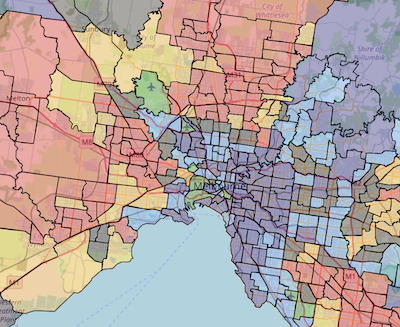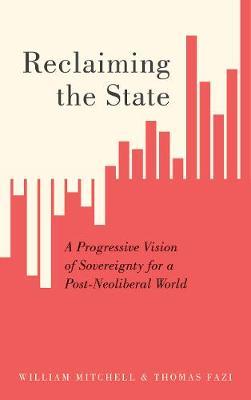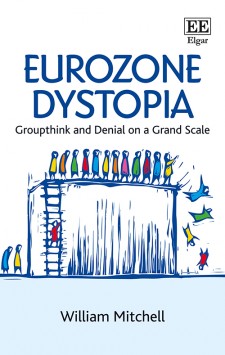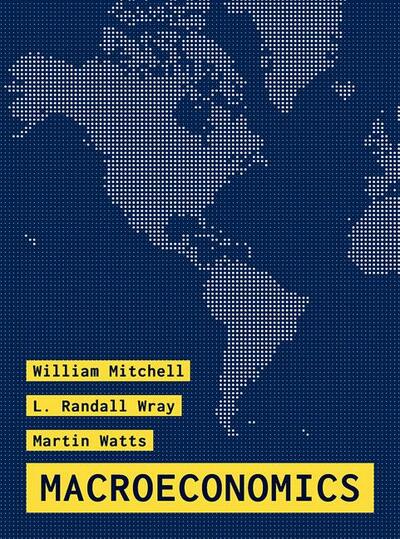
The Centre of Full Employment and Equity (known as CofFEE) is an official research centre at the University of Newcastle.
Our mission is to promote research aimed at restoring full employment and achieving an economy that delivers equitable outcomes for all.
CofFEE advocates the implementation and maintenance of the Job Guarantee







